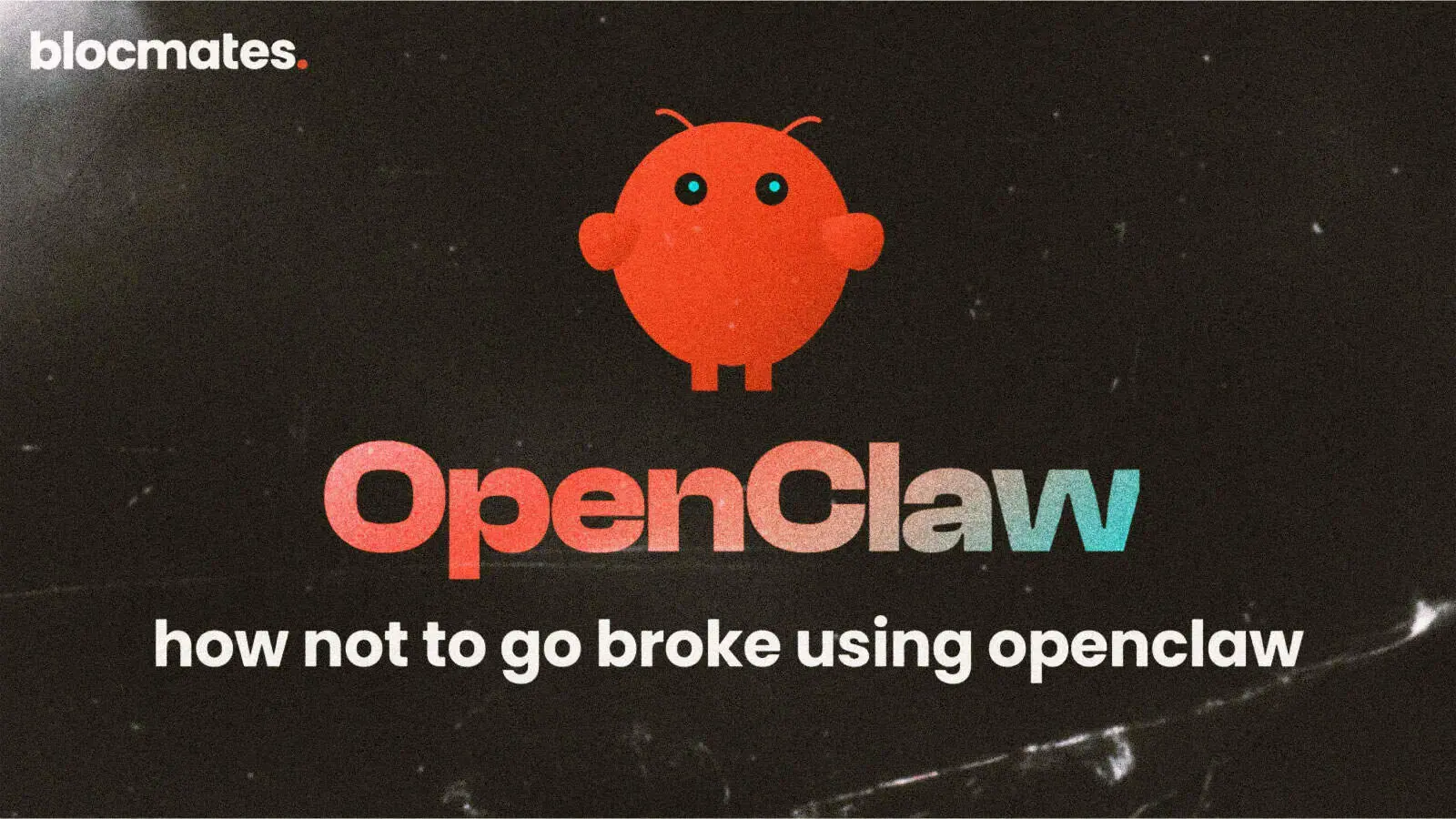The U.S. Senate advances the GENIUS Act, a landmark bipartisan stablecoin bill aimed at regulating the digital dollar economy.
Background
- On Monday night, the U.S. Senate voted 66-32 to advance the Guiding and Establishing National Innovation for U.S. Stablecoins Act, known as the GENIUS Act, by invoking cloture.
- This procedural vote clears the way for further debate, potential amendments, and a final vote.
- The bill mandates that all U.S. stablecoins be fully backed by U.S. dollars or highly liquid assets and introduces annual audit requirements for issuers with market caps over $50 billion.
- It also includes measures to regulate foreign-issued stablecoins and expand the oversight of digital dollar infrastructure.
- Originally led by Republican Senator Bill Hagerty, the GENIUS Act has gained bipartisan support, with 16 Democrats joining Republicans to advance the bill, a shift from the lack of Democratic backing seen just a week earlier.
- The legislation has been framed as critical for preserving U.S. dollar dominance in the face of growing global adoption of digital assets.
Why should you pay attention?
- The GENIUS Act is the most advanced federal legislation yet addressing stablecoin regulation in the U.S.
- It could significantly impact how crypto firms operate, especially those issuing or trading dollar-backed tokens.
- The bill represents one of the first major bipartisan crypto efforts in Congress, signaling increased regulatory momentum.
- Stablecoins currently account for over $150 billion in market cap, and formal recognition could drive mainstream adoption.
- Passage could shape the U.S. role in global digital payments, especially amid competition from other nations’ CBDC efforts.
Who said what?
- Sen. Bill Hagerty (R-TN):
“This groundbreaking, bipartisan legislation will bring America’s payment system into the 21st century... Customers will be protected, the demand for U.S. treasuries will balloon to the tune of more than $1 trillion.”
- Sen. Cynthia Lummis (R-WY):
“Digital assets are the future and now we’re one step closer to ensuring America leads the way.”
- Ji Kim, President of the Crypto Council for Innovation:
“This vote reflects months of dedicated staff work and significant bipartisan negotiations.”
- Faryar Shirzad, Chief Policy Officer at Coinbase:
“Crypto is again showing that it’s the biggest bipartisan issue in play on the Hill.”
- Jake Chervinsky, CLO at Variant Fund wrote:
“There’s still more work to do — another formal vote on GENIUS in the Senate, and passing STABLE in the House — but this was the hardest part.”
- Sen. Elizabeth Warren (D-MA):
“There is no excuse for Congress to pass a crypto bill that will turbocharge Trump’s corruption.”
Zooming out
- The GENIUS Act’s progression represents a pivotal shift in the U.S. regulatory approach to digital assets, especially stablecoins.
- While opposition remains, particularly among Democrats wary of political ties and regulatory gaps, the bill’s bipartisan momentum suggests growing consensus on formalizing the role of stablecoins in the financial system.
- Industry advocacy, including over 60,000 emails sent to lawmakers ahead of the vote, highlights strong public and institutional support.
- If passed, the GENIUS Act could pave the way for the STABLE Act in the House, solidifying a regulatory framework that bridges traditional finance and the crypto economy.


































.webp)

.webp)
.webp)

%20(1).webp)



























































%202.webp)


.webp)

.webp)
.webp)
.webp)


.webp)
.webp)

.webp)
.webp)
.webp)


.webp)
.webp)










.webp)


.webp)









.webp)







.webp)




.webp)


























.webp)







.webp)















.webp)

.webp)
.webp)

.webp)














.webp)

.webp)


.webp)








.webp)




